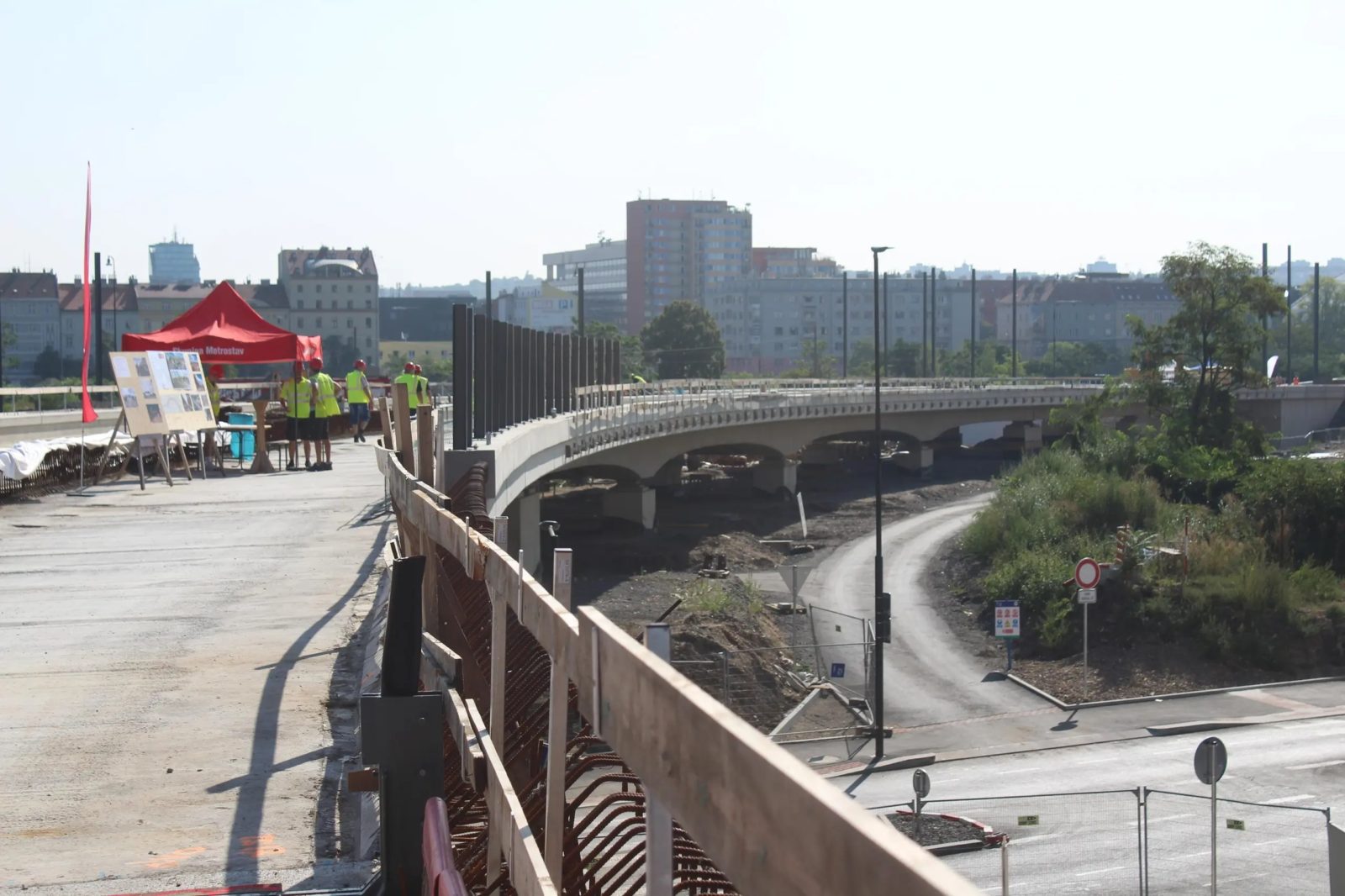Prague recently launched a new trolleybus line connecting Palmovka, Čakovice, and Miškovice to modernize its public transportation system. This eco-friendly initiative, however, has hit an unexpected roadblock.
The Prague Public Transport Company (DPP) introduced line 58 in early February, replacing bus line 140. However, passengers still ride on diesel buses instead of the promised green transit. The reason? A series of technical issues plagued the newly acquired trolleybuses.
Only a handful of the 15 vehicles won in a tender two years ago are operational. The manufacturer delivered the vehicles late last year and is already behind schedule. Now, even the few who made it to the streets face problems. In a surprising turn of events, while seven vehicles started their routes on a Monday, by Tuesday, only three were left in service due to various defects.
The situation has put DPP in a tight spot. They’ve had to rely on their reserve of aging diesel buses to keep the line running. Many of these articulated buses are approaching the 15-year mark – the maximum permitted age for buses in Prague’s public transport system.
Despite these setbacks, there’s a glimmer of hope. Jan Barchánek, head of DPP’s Bus Unit, is optimistic that the manufacturer will resolve these issues during the spring holidays. The goal is to have all new trolleybuses operational by February 19th.
This trolleybus saga reminds us of the challenges cities face when transitioning to greener public transport options. It underscores the importance of reliable manufacturing and delivery in ensuring a smooth transition towards more sustainable urban mobility.
As Prague continues its journey towards a more environmentally friendly transit system, the city and its residents eagerly await the day when these new trolleybuses will finally hit the streets in full force. This will mark a significant step in the city’s commitment to sustainable urban





